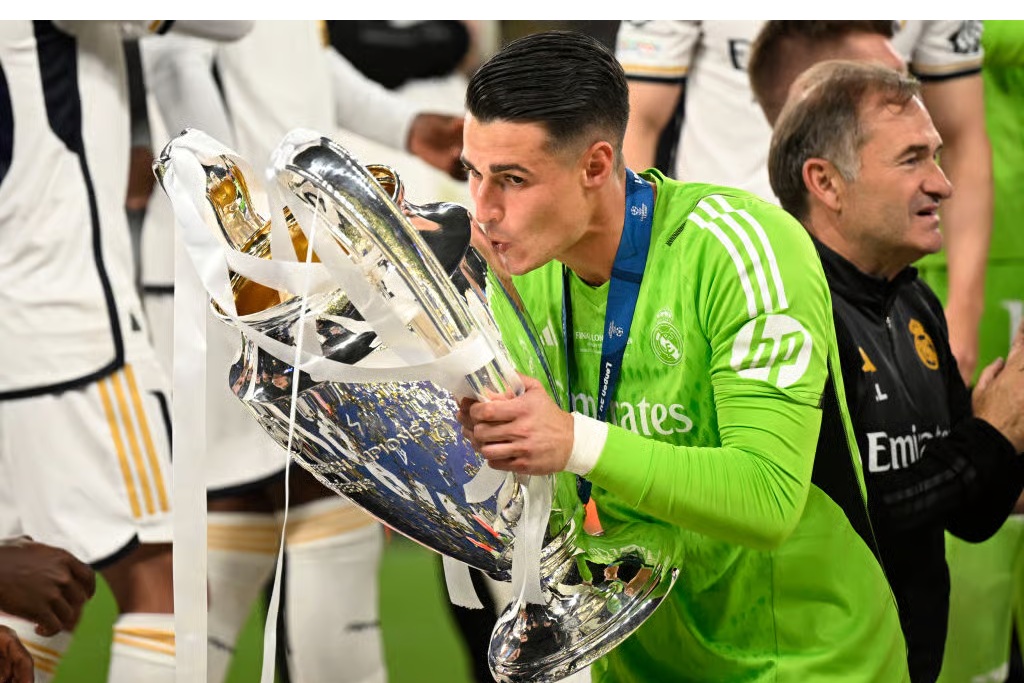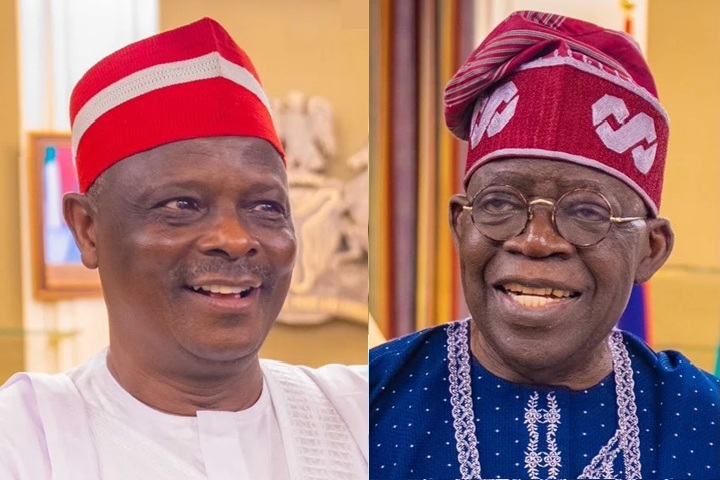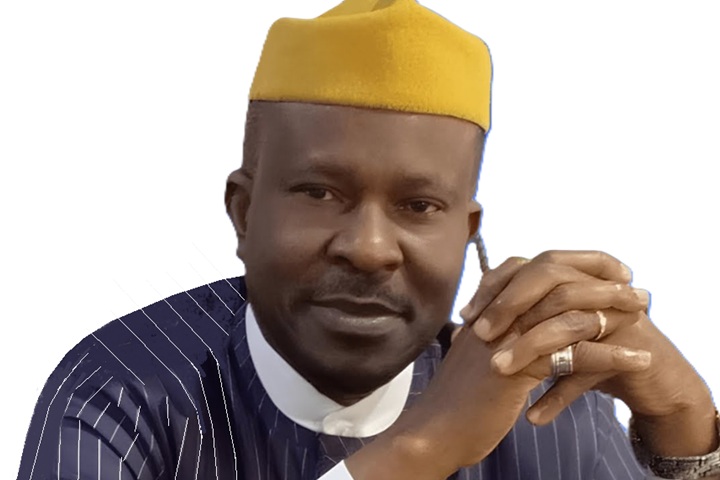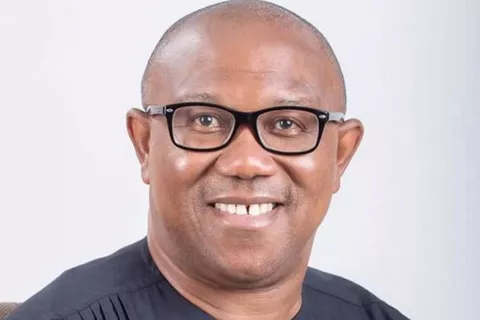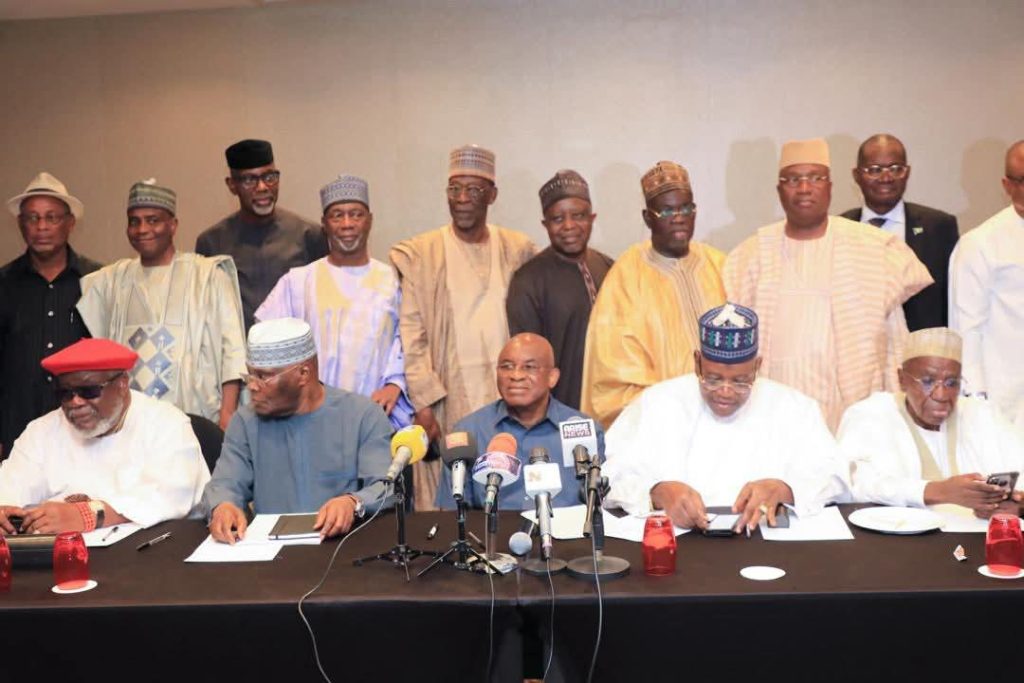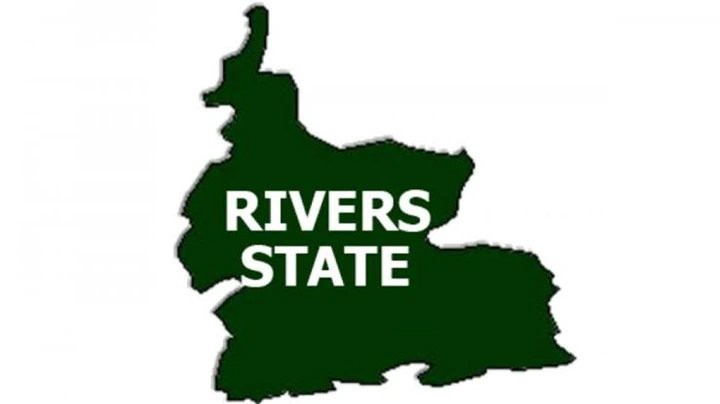Entertainment
A24 Studios secures right to adapt “Things Fall Apart” with Idris Elba as Okonkwo

The film industry and movie enthusiasts are excited following the announcement that A24 Studios has secured the rights to adapt Chinua Achebe’s groundbreaking novel, Things Fall Apart.
This adaptation is set to be a significant cultural event, as the original work has had a profound impact on literature and discussions of post-colonial identity.
In an exciting development, A24 Studios has announced that British actor Idris Elba is playing in the lead role of Okonkwo.
However, the casting decision has not come without controversy, raising questions about representation, cultural authenticity, and the dynamics of global cinema.
The significance of Things Fall Apart
Chinua Achebe’s Things Fall Apart, first published in 1958, is often hailed as one of the most important works of African literature.
The novel tells the story of Okonkwo, a respected leader and fierce warrior in an Igbo village.
It tells how he navigates the challenges posed by colonial forces and internal societal changes.
Okonkwo’s character grapples with complex themes of masculinity, cultural identity, and the struggle against change.
The narrative’s rich exploration of Igbo culture makes it a nostalgic choice for cinematic adaptation.
It offers a chance to bring this foundational text to a wider audience.
A24 Studios casting of Idris Elba
Idris Elba is a globally recognized actor known for his roles in projects such as Luther, The Wire, and Beasts of No Nation.
His charisma and talent have made him a favorite among audiences, and his involvement in the film is seen as a double-edged sword.
While his star power may attract a broader audience, many fans worry that his casting could overshadow the character’s cultural specificity.
The backlash centers on the desire for a more culturally authentic representation of Okonkwo.
Critics argue that a local actor, particularly one rooted in Nigerian Igbo culture, would bring the necessary depth and authenticity to the role.
The discussion has brought up notable alternatives, including Nigerian-British actor Chiwetel Ejiofor.
Chiwetel Ejiofor has a strong track record and a refined understanding of the cultural context.
Other names suggested include Nollywood stars Kanayo .O. Kanayo and Stan Nze.
They both have significant experience in portraying complex characters within African narratives.
Cultural authenticity and representation
The central issue at hand is the question of cultural authenticity in casting decisions.
Many fans argue that representation matters and that a deeper understanding of Igbo culture is essential for accurately portraying Okonkwo’s internal struggles and societal challenges.
This sentiment echoes a broader trend within Hollywood, where audiences are increasingly advocating for diversity and authenticity in casting.
Casting a Nigerian actor would not only honor the cultural heritage represented in the novel but would also provide an opportunity to amplify voices from within the country’s thriving film industry.
Nollywood has produced a wealth of talent that could lend authenticity to the project.
A24 Studios logistics of casting decisions
A24 Studios, known for its distinctive and often risk-taking approach to filmmaking, faces the challenge of balancing artistic integrity with the commercial pressures of the film industry.
While it would be ideal for A24 studios to scout talent in Nigeria, the logistics involved—such as language barriers, production timelines, and financial considerations—often lead production companies to prioritize recognizable names from Hollywood.
This raises important questions about the industry’s willingness to invest in the infrastructure needed to support local talent and narratives.
Despite the challenges, it’s important to acknowledge that A24 has a history of championing unique stories and voices.
The studio’s commitment to producing high-quality films that push boundaries may create an opening for more culturally relevant casting choices, even if the initial decision favors a more mainstream actor.
The Artistic Challenges Ahead
The adaptation of Things Fall Apart presents an artistic challenge that extends beyond casting.
Achieving the depth of Achebe’s narrative while respecting the cultural nuances of Igbo life will be critical.
The filmmakers must navigate the complex psychological landscape of Okonkwo, which is deeply tied to his cultural identity, societal expectations, and the trauma of colonialism.
This task requires not only an actor who can embody the character but also a production team sensitive to the cultural implications of their storytelling.
Idris Elba’s involvement will undoubtedly bring a significant level of talent to the project.
However, the question remains: can he fully embody Okonkwo and convey the character’s intricate struggles?
As a British actor, Elba faces the challenge of stepping into the shoes of a character who is emblematic of a specific cultural context.
The filmmakers will need to support him in this journey, possibly by collaborating with cultural consultants to ensure that the portrayal remains true to the source material.
Conclusion
The adaptation of Things Fall Apart by A24 Studios, with Idris Elba cast as Okonkwo, marks a pivotal moment in the intersection of literature and film.
While the excitement surrounding this project is palpable, the backlash regarding casting decisions highlights the ongoing conversation about cultural representation in cinema.
The call for authentic portrayals from local actors underscores the need for the industry to evolve in its approach to storytelling.
As the project moves forward, it will be essential for A24 Studios and its filmmakers to engage with the cultural richness of Achebe’s work and consider the implications of their casting choices.
The stakes are high, not only for the adaptation itself but also for the legacy of Achebe’s narrative and the representation of Nigerian culture in global cinema.
The road ahead presents challenges, but it also offers opportunities for meaningful dialogue and artistic expression that resonate across cultures.
Only time will reveal how this adaptation unfolds and whether it honors the legacy of one of Africa’s most revered literary figures.
For Diaspora Digital Media Updates click on Whatsapp, or Telegram. For eyewitness accounts/ reports/ articles, write to: citizenreports@diasporadigitalmedia.com. Follow us on X (Fomerly Twitter) or Facebook



